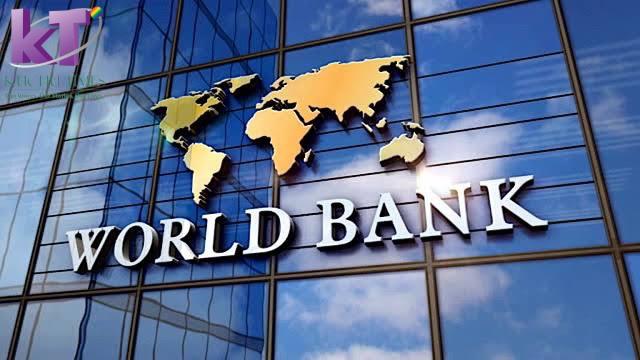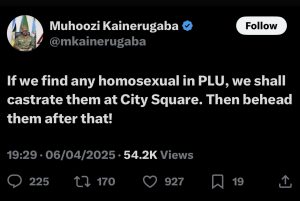An Opinion piece by Bana Mwesige.
The World Bank’s recent decision to stop fresh loans to the Ugandan government (after months of behind-the-scenes effort and discussions with all parties involved) came as no surprise. The outpouring of emotion and hullabaloo on social media by activists, opposition politicians, and the president himself was mostly performative. We’ve all heard the chest thumping from the speaker of Parliament, opposition figures, and the president himself in the aftermath of Uganda’s latest anti-homosexuality act, which went along the lines of “we will survive without your aid,” so pretending to be surprised/outraged by something they predicted would happen and for which they were involved in conversations prior to the decision being made appears frankly ridiculous.
Where am I going with this? This money is not ours. Ugandans, homosexual or heterosexual, are not entitled to this money. It’s simply business.
Now, there have been a slew of arguments from both sides about why this decision is correct or incorrect, and I will probably go over some of them in this article, but the bottom line is that World Bank money is not truly ours, and they reserve the right to distribute and withhold it as they see fit. After all, it is a loan.
One of the primary reasons they offered for their decision is that the law goes against their values. Just as you would not bring pork to a Muslim picnic, you should not anger the people who are lending you money by going against their fundamental values and beliefs. This does not negate your personal convictions; you do not become a Muslim because you honored their ideals and did not bring meat to their picnic. While laws and regulations are a little more complicated than that, violating an institution’s principles and values by criminalizing, imprisoning, and murdering the most marginalized members of the community it seeks to serve is an obvious justification for action.
I often hear from gay and straight people alike that now the target/backlash will be on the backs of homosexuals who forced the hand of the World Bank. Apart from this argument being based on gay lobby conspiracies, it is absolutely preposterous. Uganda is still highly homophobic and has always been. Gay people were being tortured, blackmailed, arrested, and abused long before this law was passed. Legalizing and institutionalizing this abuse through this law definitely made it worse, but arguing that people’s views on homosexuals will change after this decision, from my standpoint, sounds stupid. So, assuming that there will be some new situation or attitude change as a result of the World Bank decision is lazy thinking at best.
A reductive argument frequently advanced by opposition politicians, journalists, and thinkers in Uganda is that “you ignored the injustices of torture, arrests, murders, and so on of everyday Ugandans and only chose to act when gays are involved.” This is an oversimplification, as homosexuals experience the same challenges as other Ugandans, in addition to being criminalized for their sexual orientation and having restrictions on housing, healthcare, and speech. In truth, gays and their supporters fight for their rights just as hard as they do for women’s, children’s, and other oppressed people’s rights. The concept of oppression Olympics is just simplistic, stale, and absurd.
So, where do we go from here? Obviously, the law should not have been passed in the first place. But the World Bank was within its rights to withhold their funding for the reasons they clearly stated. You and I do not have to agree with them; after all, it’s their money. This will affect all Ugandans, irrespective of gender and/or sexuality, just like the injustices of illegal detention, arrests, and torture.



